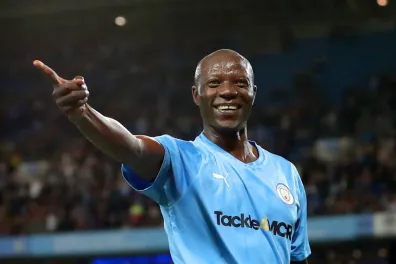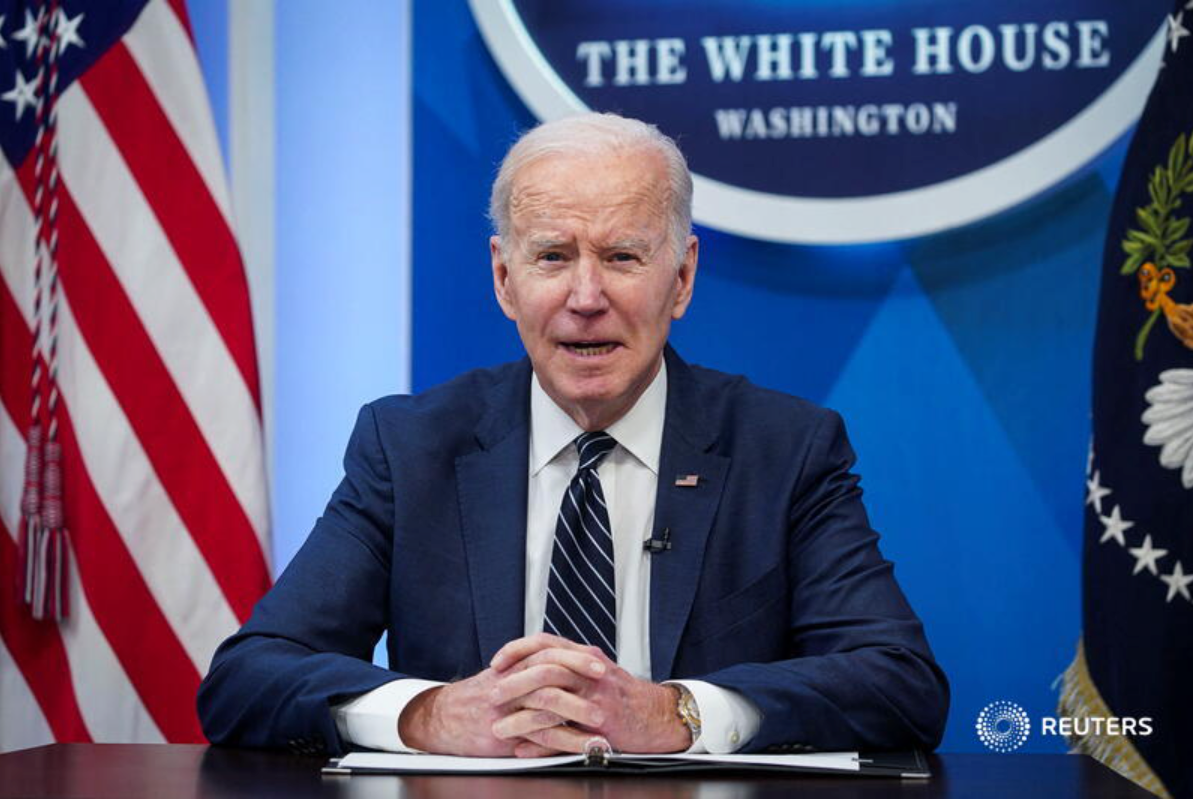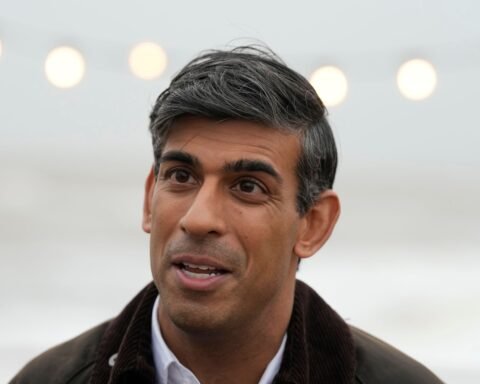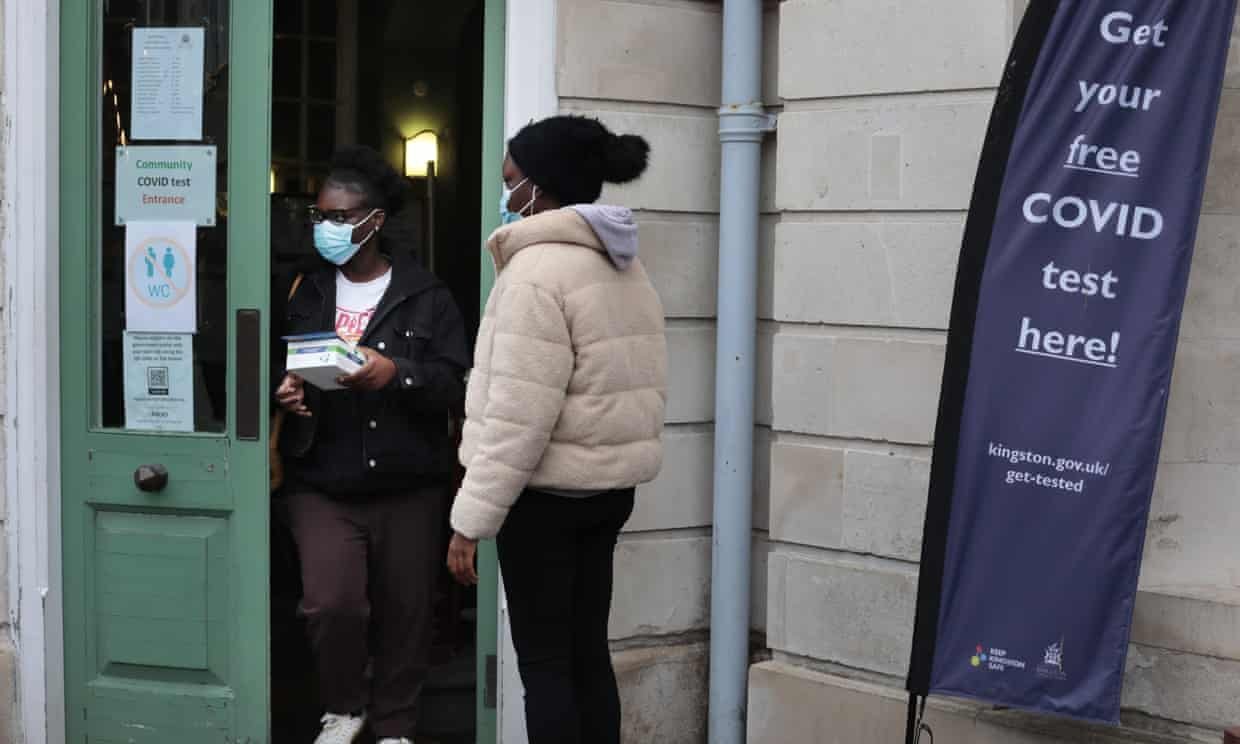Julian Assange says that he does not “forgive and forget”. On Friday, it was announced that Sweden has decided to drop the rape investigation into the 45-year old Australian exile, who infamously cloistered himself in the Ecuadorian embassy in London in 2012, in order to swerve the possibility of extradition from Sweden to the United States.
According to Assange, the rape allegations, which he denies, are a way for the American government to skewer him for his putative role in publishing secret American documents via his anarchic whistleblowing website Wikileaks. In August, Assange will celebrate five years in the embassy; in another exasperating turn, he cannot leave or he’ll breach bail conditions issued by the UK government.
Though as of Friday, when the rape allegations were dropped, he has one fewer concern. And duly, he is defiant, his rhetoric in a statement invoking war, suggesting a leader reborn. His lawyer has called this a “total victory”. It is important to note at this point that Assange hasn’t been found innocent. He has swerved the charges by holing himself up in in a rangy townhouse in Knightsbridge for half a decade.
But this is easy to forget as coverage of Assange is noisy. His story intersects with a number of zeitgeist concerns – hacking, sexual assault, free speech – and the lattice of warrants, extradition fears and bail terms can distract from the troubling events that initiated everything.
So, to reiterate: in 2010, Assange visited the country’s capital, Stockholm, and was accused of sexual assault by two women. He had sex with both of them on separate evenings and several months later, after he had left the country, he was accused on two counts of sexual molestation, one of unlawful coercion and one count of what is termed, “lesser-degree” rape. He denied (and still denies) all four counts – meanwhile, he’d holed up in the embassy. During a back and forth over almost half a decade, three of the charges expired; it was only the most serious one, for “lesser-degree” rape, that had stood until Friday. The woman has accused him of having sex with her while she slept, without using a condom, despite the fact that she had repeatedly said no to unprotected sex – which constitutes rape under Swedish law.
Yes, he’s an extraordinary case, but in the age of the internet, and the faceless persecution it permits, Assange is a grotesque example of power allowed to run amok at the expense of women
Now, technically, any investigation can be resumed if Assange visits Sweden before August 2020. But ultimately, he will probably never have to answer to the women who have accused him. A lawyer acting for the one who accused him of rape says her client is “shocked”, which likely rather underestimates her trauma.
Assange’s case is extraordinary: it cannot necessarily be used as a bellwether of how rape accusations are normally handled. Furthermore, he probably does sincerely think he will be extradited to the USA – where he could face the death penalty – which complicates the circumstances. However, it by no means mitigates them. And when taken in context with Assange’s comments about women and feminism, the saga can certainly be taken as a dispiriting tale about how men in power can use it against women.
For Assange’s record on women is deplorable. For a start, he disdains the women who accused him: in Risk, a film by Oscar-winning documentary-maker Laura Poitras, shown at Cannes in May 2016, Assange states that the sexual assault allegations gave rise to a global feminist conspiracy, and says that one of his accusers isn’t a credible victim because she set up Gothenburg’s largest lesbian nightclub. “It’s just a thoroughly tawdry, radical, feminist political positioning thing,” he says. “It’s some stereotype.” He says his two accusers are “running a tag-team”.
Poitras – a former admirer of Assange’s – says that he put her under “intense pressure” before the film was screened at Cannes in May 2016, upset that the Swedish accusations had been included at all. It seems fair to say that this is an attempt at silencing women’s voices.
Moreover, many commentators read his targeting of Clinton during the election as a pathological misogyny: Wikileaks leaked documents that damaged her campaign. Others have pointed to the sexist bent of Wikileaks’s coverage of feminism, generally. And while Assange will not personally draft every tweet or missive, his personality and prejudice are writ large – huge – in the organisation.
Overall, he seems to be consistent with a certain tribe of man who is typically found haunting the internet, one who sees feminism as by turns an outrage and an attempt to unseat men from their rightful, superior place. In their most primitive state these men manifest as Twitter trolls, the more sophisticated members of this clan are found drafting anti-women treaties on Reddit.
And then you get influential, arrogant outliers like Assange who can dodge accountability for rape allegations and freely cast aspersions about the credibility of a victim based on her decision to open a lesbian nightclub. Yes, he’s an extraordinary case, but in the age of the internet, and the faceless persecution it permits, Assange is a grotesque example of power allowed to run amok at the expense of women.







